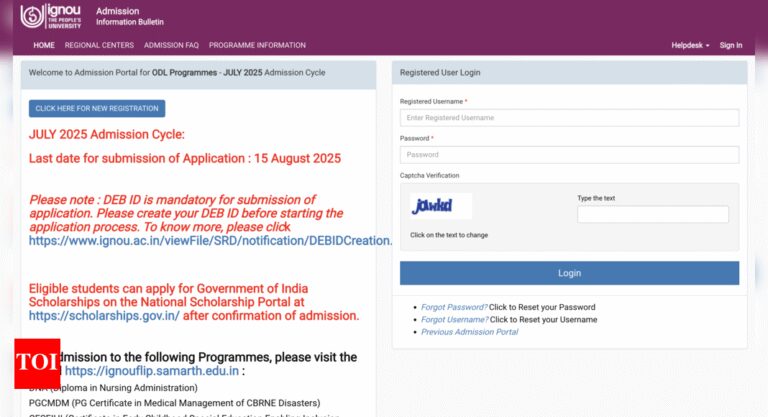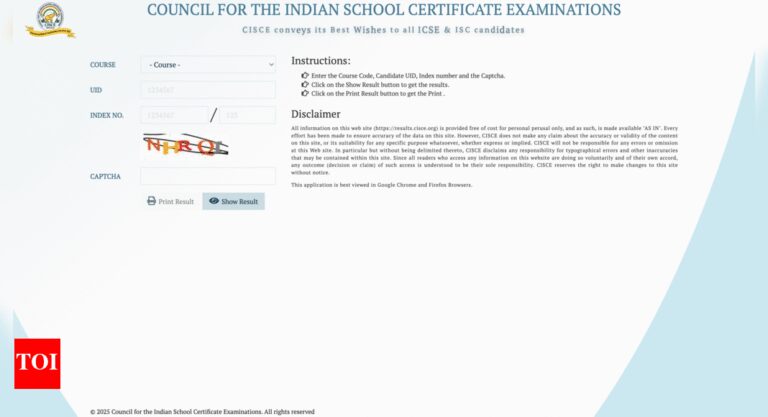
Elite institutions like Harvard Law School pride themselves on cultivating critical thinkers and principled leaders, nurturing students to challenge injustice and speak truth to power. Yet, for all its lofty rhetoric, the path Harvard carves often leads graduates straight into corporate legal firms where conformity is prized over conviction, and dissent is quietly penalised. The dissonance between what is preached in lecture halls and what is practised in boardrooms exposes a stark paradox at the heart of prestige.Rebel Chic for the Résumé-Building ClassIn a recent op-ed, Ryan W. Powers — a Harvard Law School graduate — recounted how he was fired from his Big Law job after publicly criticizing a potential government surveillance deal involving Palantir. The piece, titled “Harvard Taught Me to Speak Out. Big Law Fired Me When I Did,” reads like a confession delivered through gritted teeth: earnest, anguished, and unwittingly damning.“I took seriously what Harvard emphasized — principles like professional responsibility and measured conviction,” Powers writes. “But in applying those values I ran headfirst into the limits of the very path I was trained to follow.”It’s a tidy tragedy. But let’s be clear: this is not a story of personal misfortune. It’s a symptom of a system working exactly as designed.Moral Education, Market OutcomesElite universities like Harvard are remarkably adept at branding themselves as incubators of moral seriousness. They teach their students to question power — but only in theory. They talk about justice — but only as an elective. They require pro bono hours and civic reflection, then roll out the red carpet for corporate recruiters the moment 1L classes get their casebooks.And the students? They internalize this contradiction with alarming ease. They learn to speak the language of ethics while chasing prestige. Powers himself admits this: “Corporate law firm recruitment begins just weeks into students’ first year,” he writes, “and the school’s career resources are calibrated for private-sector placement.”No surprise, then, that the path to “success” leads not to public interest litigation, but to defending the same powerful institutions they were allegedly trained to scrutinize. Harvard’s mission statement preaches public service; its career center delivers billable hours.The Cost of Conscience, Billed by the HourPowers’ firing wasn’t a glitch. It was a warning label.In the article, he recounts how writing about civil liberties in the surveillance economy cost him his job. The act of speaking out — in alignment with the values Harvard supposedly instilled — proved incompatible with the interests of the firm he worked for.The irony here is rich, if unsurprising. Harvard teaches dissent as a thought experiment, but fails to equip its students for the consequences of actually dissenting. It’s easy to be brave when there’s no risk. It’s something else entirely to challenge power when that power signs your paycheck.As Powers puts it: “I didn’t end up in conflict with Harvard’s values — I ended up in conflict with a system where those values were never meant to survive.”Selective Idealism, Systemic CowardiceLet’s not romanticize this as a clash between personal integrity and institutional betrayal. What Powers reveals, perhaps unintentionally, is the quiet moral cowardice baked into elite education.Harvard doesn’t want to produce radicals. It wants to produce professionals who sound principled but act compliant. It wants lawyers who can quote Locke at a luncheon while redlining NDAs that shield surveillance contracts from public scrutiny. The system doesn’t break when a student like Powers speaks out — it kicks into gear, ejecting him cleanly, efficiently, and without consequence to itself.Meanwhile, for every Powers who dares to publish an op-ed, hundreds more learn the lesson he did: silence pays. Speech costs.Prestige Without PurposeThis is not about one law student, one job, or even one school. This is about the broader ecosystem of elite institutions that conflate access with virtue, and credentialing with character. They churn out technocrats fluent in the rhetoric of reform, but allergic to risk. They perform moral urgency while insulating the status quo.If Harvard — or any institution like it — is serious about public leadership, it must reckon with the fact that its pipelines are designed to reward obedience, not courage. It must confront the uncomfortable truth that ethical conviction is penalized when it threatens the business model.Because right now, Harvard doesn’t cultivate leaders. It manufactures managers of contradiction — people fluent in justice, so long as it doesn’t interfere with quarterly earnings.Final Bill: Integrity Not IncludedPowers’ story should not inspire pity. It should inspire outrage. Not at his firm, or even at Harvard specifically, but at the institutional choreography that turns ethical awakening into professional liability.The paradox of prestige is no paradox at all. It’s a design. A sales pitch. A sleight of hand.Harvard trains you to speak truth to power — right up until the moment power answers back.TOI Education is on WhatsApp now. Follow us here.








